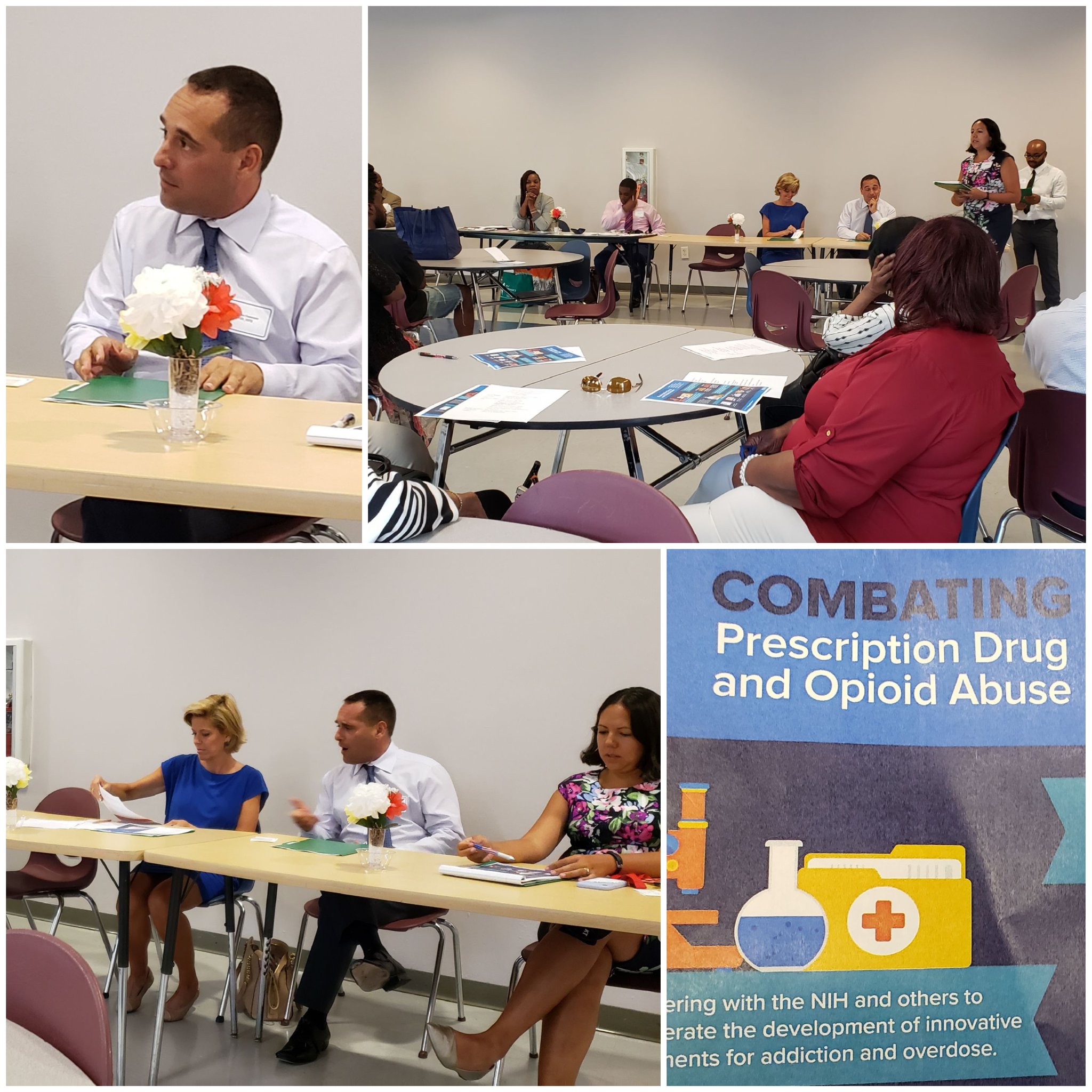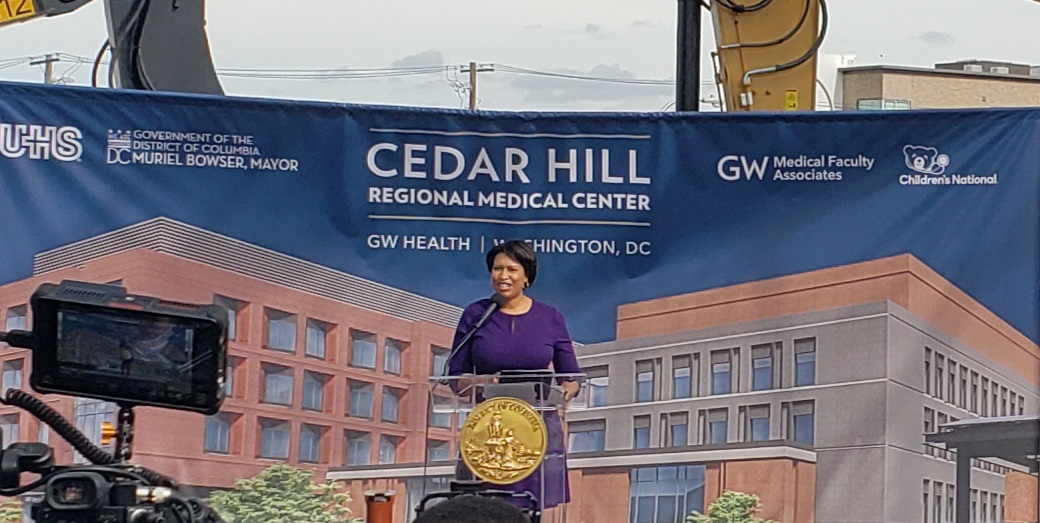Opioid Policies

Much like the rest of the United States, residents of the District of Columbia are struggling with substance use disorder (SUD) rate increases and high rates of opioid-related deaths. Unfortunately, these are multi-faceted issues that require year-long initiatives and systematic programs to address the myriad causes of addiction.
MSDC stands as a partner to the District government and private entities to help arrest the rates of opioid and substance abuse in the District. Through our advocacy for better prescribing practices, education on addiction, and even helping our own community through our Physician Health Program, MSDC is working to make DC a leader in reducing SUD, OUD, and addiction.
On a related note, MSDC is passionate about helping patients make prescriptions and medication more affordable. Whether expanding access to biosimilars or advocating for more affordable co-pays, MSDC wants to help our patients afford the medications they need.
MSDC Statement and Testimony on Opioid and Prescription Issues
25th Council information coming soon
MSDC Joins Groundbreaking Celebration for East End Hospital

Today, Mayor Muriel Bowser held a groundbreaking ceremony for the new hospital at the St. Elizabeth’s East Campus and announced the new name, Cedar Hill Regional Health Center, GW Health. MSDC attended the ceremony, as did officials from Universal Health Services, George Washington University, and Children’s National Hospital, as a long-time advocate for increased access to healthcare East of the River. Quality care for all, including equitable healthcare facilities across all eight wards, is a top priority in MSDC’s advocacy agenda.
The new 136-bed full-service hospital will provide a range of inpatient services to all District residents, including newborn delivery, maternal health and women’s services, a verified trauma center, general surgery, behavioral health, and pediatric and adult emergency services. According to the Office of the Mayor, the facility is scheduled to open to patients in late December 2024 and will be operated by Universal Health Services under a 75-year lease. Physicians, practitioners, and academic medicine will be provided by George Washington University Medical Faculty Associates, the George Washington University School of Medicine and Health Sciences, and Children’s National Hospital.
Although a modern hospital built with a local partner and reputable healthcare system is a best-case scenario for a new community hospital, it is not a cure-all for health care access East of the River. As past MSDC president Dr. Julian Craig said when testifying before the DC Council in June 2020, "A comprehensive healthcare system requires not only a world class hospital, but also independent physician practices." Independent practice physicians, who are often engaged in their community, and are important to a healthy physician mix for Wards 7 and 8. MSDC and its Private Practice Physicians Section are working to improve conditions for independent practice physicians East of the River, and across all eight wards.
Sample of Legislation MSDC Tracked on Opioid and Prescription Policy
What does it do? The bill authorizes licensed pahrmacists to dispense interchangeable biological products and requires notifications to physicians when such interchangeables are dispensed.
MSDC position: MSDC has a position of priority support on this legislation, identifying its passage as one of its highest legislative priorities.
Current status: SUCCESS. The bill was passed by the Council and signed by the Mayor.
What does it do? The bill requires prescription opioid medications to include a statement that the drug is an opioid and opioids may cause dependence, addiction, or overdoes.
MSDC position: MSDC supports the legislation.
Current status: The bill had a hearing before the Committee on Health on July 29, 2020. MSDC leader Dr. Sam Kareff testified for the Medical Society. It passed the Council on November 10 and was signed by the Mayor December 7.
What does it do? The bill prohibits insurance companies from factoring the use of PreP in decisions related to disability, life, or long-term care policies.
MSDC position: MSDC supports this legislation
Current status: The bill was introduced on January 8, 2019 and assigned to the Committee on Business and Economic Development.
